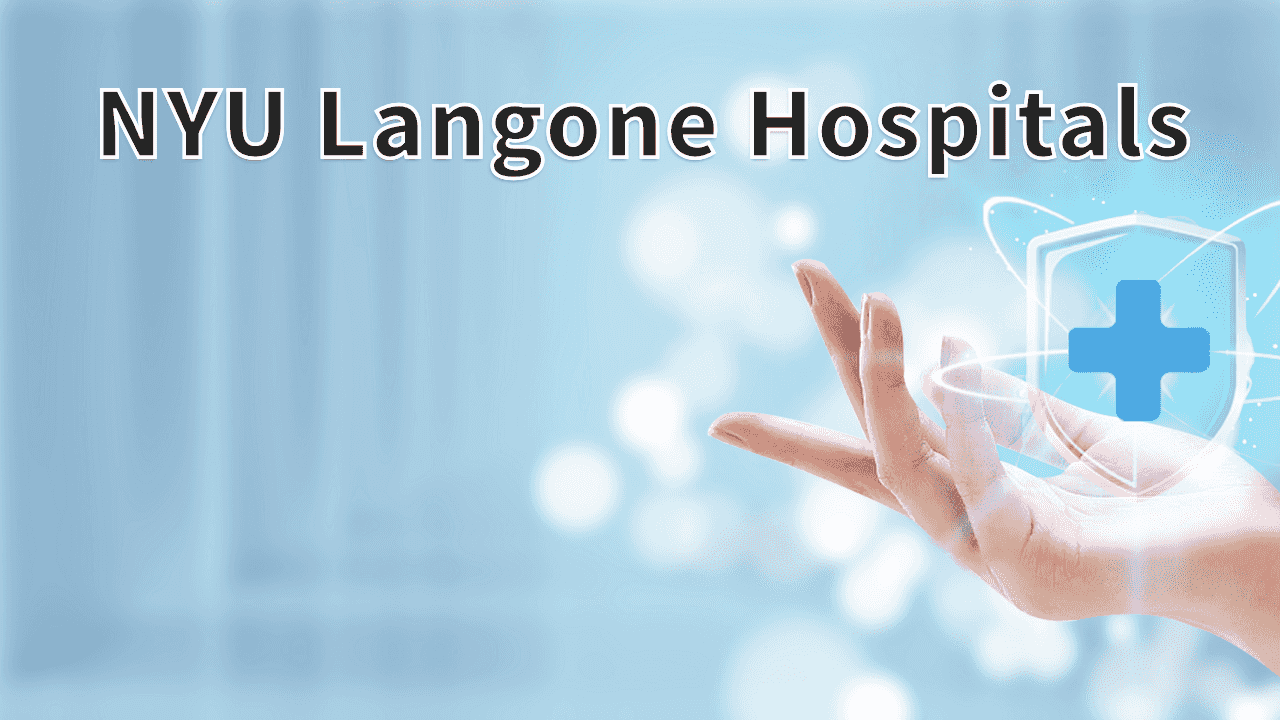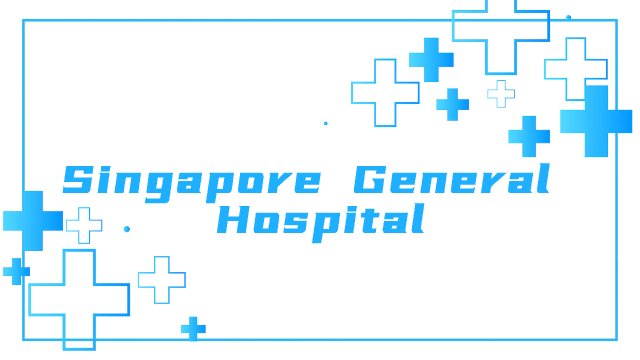Hospital
St. Luke's International Hospital
St. Luke's International Hospital was established in 1901 and has been in operation for over a century. The hospital still adheres to the philosophy of its founder, the American missionary and doctor Rudolf Bolling Teusler: "The Christian heart of love can remove people's worries, relieve their pain and make them feel like new creatures. In order to bring this great power to all patients, I have created such a vibrant hospital."

About St. Luke's International Hospital

St. Luke's International Hospital was established in 1901 and has been in operation for over a century. The hospital still adheres to the philosophy of its founder, the American missionary and physician Rudolf Bolling Teusler: "The Christian heart of love can remove people's worries, relieve their pain and make them feel like new creatures. In order to bring this great power to all my patients, I have created such a vibrant hospital."
In 2020, Newsweek released a new ranking of hospitals around the world and St Luke's International Hospital was ranked number one overall in Japan.

Consultation desk inside the hospital
In order to wholeheartedly improve the quality of medical care, the hospital has set up a talking window and receives criticism and suggestions from patients through regular questionnaires. Since 2005, the hospital has evaluated more than 100 services on the QI (Quality Indicator) index, which was highly praised in the OECD Review of Quality of Care in Japan in August 2015. That same year, the hospital received the International Hospital Federation President's Award.
According to the hospital, in 2017, St Luke's International Hospital saw 638,000 outpatients and 176,000 inpatients, including more than 30,000 international patients from 136 countries; the satisfaction rate for outpatients reached 93.8% and for inpatients 95.7%.

The church on the hospital grounds, built in 1936
In addition, as a member of the Tokyo Oncology Consortium Hospital, St Luke's International Hospital has joined hands with MD Anderson to sign a sister hospital cooperation agreement, and most of the doctors in the hospital's oncology department have experience in the United States, which is a rarity among Japanese hospitals. Thanks to its partnership with MD Anderson Cancer Centre, St Luke's International Hospital is also active in international research, providing patients with access to clinical trials.
Kan has said that the late Shigeaki Hinohara (Visiting Professor at Harvard University and President Emeritus of St Luke's International Hospital) was one of the founding fathers of modern Japanese medicine. His influence on Japanese medicine was enormous. In 1945, on the eve of the end of World War II, when Tokyo was hit by the Great Air Raid, President Hinohara was involved in treating the wounded at St Luke's International Hospital, and in 1995, when the sarin gas incident in the Tokyo underground broke out, he, as President of St Luke's International Hospital, instructed that all outside medical treatment should be stopped and all patients brought in from the scene should be admitted, and that the hospital's small auditorium should be converted into a temporary ward, with 640 patients admitted.
President Hinohara was also the first Asian to serve as President of the International Society of Internal Medicine and was a pioneering figure in the development of precision medical examinations in Japan. He opened the Japanese Precision Medical Examination Facility and pioneered a commitment to preventive medicine. St. Luke's International Hospital, in turn, became one of the first private hospitals in Japan to open a precision medical examination unit.

Inside the hospital lounge area
Department of Gastroenterology
In 2016, the Gastroenterology Department at St. Luke's International Hospital performed nearly 7,000 gastroscopies and over 5,100 colonoscopies; in addition, 224 endoscopic retrograde cholangiopancreatography cases were performed, resulting in a 0.4% probability of pancreatitis, well below the Japanese average of 2%-5%.
Areas of expertise.
Gastroenterology: endoscopic mucosal dissection (oesophagus, stomach, large intestine); endoscopic mucosal resection (large intestine)
Respiratory Surgery
The Respiratory Care Centre offers cutting-edge and precise methods to confirm the diagnosis of lung cancer and provides minimally invasive and high-precision surgery, as well as outpatient-centred, personalised drug therapy.
The Respiratory Surgery Department can perform minimally invasive thoracoscopic surgery for early stage lung cancer and benign diseases such as pneumothorax, and also offers robotic surgery for lung cancer patients. Over 90% of thoracic malignancy surgery is minimally invasive laparoscopic surgery.
Areas of expertise.
Respiratory Surgery.
Surgical treatment of lung cancer
Minimally invasive surgical treatment of early stage lung cancer
Expanded surgery and multidisciplinary treatment of advanced lung cancer
Thoracoscopic surgery for benign diseases such as natural pneumothorax and benign tumours
Surgical treatment of mediastinal tumours
Surgical treatment of metastatic lung tumours
Surgical treatment of infectious diseases (abscess thorax, etc.)
Surgical treatment of severe myasthenia gravis
Surgical treatment of pleural and chest wall tumours
Surgical treatment of thoracic trauma, diagnosis and treatment of abnormal chest shadows

Gastroenterology
The Department of Gastroenterology actively uses minimally invasive endoscopic surgery for the treatment of various cancers of the digestive system. da Vinci, a surgical support robot, was introduced in 2011 and is used for colorectal cancer, gastric cancer and abdominal hernia surgery. In 2018, 12,840 outpatients and 1,020 inpatients were treated, and 968 procedures were performed.
Areas of expertise.
Gastroenterology and general surgery: oesophageal diseases (oesophageal cancer, etc.); stomach diseases (gastric cancer, gastrointestinal mesenchymal tumour, etc.); colorectal diseases (colorectal cancer, etc.); liver diseases (liver cancer, etc.); bile duct diseases (bile duct cancer, gallstones, etc.); pancreatic diseases (pancreatic cancer, cystic tumour of the pancreas, etc.); hernia diseases of the abdomen.
Cardiovascular Centre
St Luke's International Hospital has merged the Department of Circulatory Medicine with the Department of Cardiovascular Surgery to create a dedicated Cardiovascular Centre. in 2015, the Cardiovascular Centre received 32,539 outpatient visits, 7,507 inpatients and performed 394 surgeries and 185 major cardiovascular procedures.
Interventional prosthetic valve transplantation (TAVI) for patients with aortic stenosis, approved in Japan in 2013, began as a practice and trial at the Cardiovascular Centre at St Luke's International Hospital.
In addition, the Cardiovascular Centre has a number of specialists in adult congenital heart disease (ACHD), providing specialised medication and interventional treatment for atrial septal defects, and is one of the few facilities in Japan to perform delivery and postnatal management of ACHD pregnancies in collaboration with obstetricians.

Areas of expertise.
Interventional stenting for acute myocardial infarction and angina pectoris with coronary artery bypass surgery.
Interventional and ablative treatment for arrhythmias such as atrial fibrillation.
Stent-graft treatment for aortic aneurysms.
Heart valvuloplasty and the treatment of severe heart failure.




